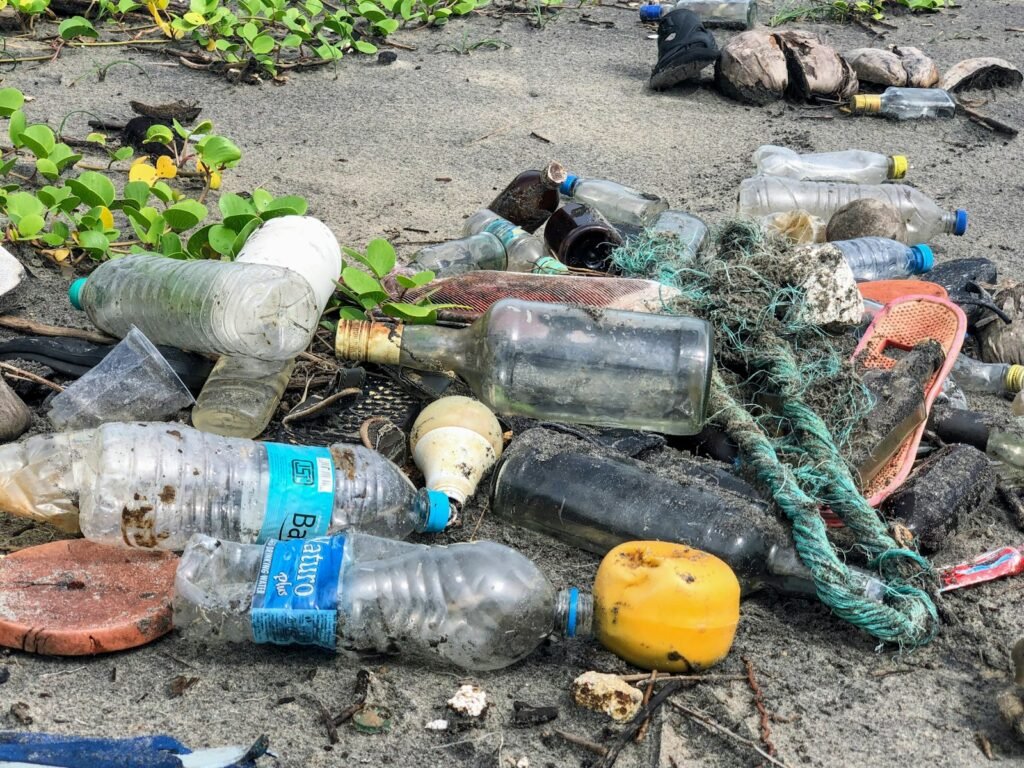Mindful consumption is a deliberate and thoughtful approach to purchasing goods and services. It involves making choices that align with personal values, long-term goals, and environmental responsibility. At its core, it’s about being aware of how our buying habits affect not only ourselves but also the planet and future generations. Rather than shopping on impulse or driven by temporary desires, mindful consumption encourages individuals to reflect on what they truly need before making a purchase. This shift in mindset helps reduce unnecessary spending and waste, contributing significantly to sustainability efforts.

The Environmental Impact of Unmindful Consumption
Unintended consequences often arise from unregulated consumer behavior. Excessive purchasing leads to overproduction, which strains natural resources and contributes to environmental degradation. For example, the fashion industry is known for its high levels of water usage and chemical pollution. Similarly, single-use plastics, frequently used in everyday products, result in massive amounts of waste that can take centuries to decompose.
These behaviors not only deplete finite resources but also contribute to greenhouse gas emissions through manufacturing, transportation, and disposal processes. As global consumption rates continue to rise, the environmental toll becomes increasingly severe. Recognizing these impacts is a crucial first step in making informed decisions about how we consume.
Benefits of Mindful Consumption for the Environment
Adopting a mindset of mindful consumption can yield substantial benefits for both individuals and the environment. By focusing on quality over quantity, consumers reduce their overall footprint, which leads to less waste and fewer resources consumed. This approach also supports sustainable practices such as recycling and reusing items, which are integral parts of a circular economy.
Moreover, when people choose products that are ethically produced or made from eco-friendly materials, they contribute to reducing the demand for goods associated with harmful environmental practices. These choices not only promote sustainability but can also inspire others to follow suit, creating a ripple effect throughout communities and beyond.
How to Practice Mindful Consumption
Implementing mindful consumption in daily life requires intentional effort and self-awareness. One effective strategy is to pause before making any purchase by asking oneself, “Do I really need this?” This simple question can help distinguish between wants and needs, leading to more thoughtful buying decisions.
Investing in durable, long-lasting items rather than cheap alternatives that may break easily also supports a more sustainable lifestyle. Additionally, shopping second-hand or supporting local businesses that prioritize ethical practices can significantly reduce environmental impact while still meeting personal needs.
Embracing minimalism is another way to practice mindful consumption. By focusing on what truly adds value to one’s life and eliminating excess, individuals can create space for meaningful experiences rather than material possessions. These strategies not only benefit the environment but also promote a more fulfilling lifestyle.
Overcoming Common Challenges in Mindful Consumption
Despite its benefits, practicing mindful consumption can be challenging due to various external factors. Marketing tactics often encourage overconsumption by promoting new products and trends, which can create pressure to keep up with societal expectations. Navigating these influences requires strong willpower and a clear understanding of personal values.
Another challenge is the perception that sustainable options are more expensive or less accessible. While some eco-friendly products may have higher upfront costs, they often provide long-term savings through durability and reduced waste over time. Additionally, community support can be instrumental in overcoming these obstacles. Engaging with like-minded individuals who share similar goals can foster motivation and accountability.
The Social Responsibility Aspect of Mindful Consumption
Mindful consumption extends beyond personal benefits; it also carries significant social responsibilities. By choosing products that are ethically produced, consumers help ensure fair treatment of workers involved in the production process. This support encourages companies to adopt more responsible practices and can lead to improved working conditions for those in vulnerable positions.
Furthermore, consumer choices play a vital role in shaping corporate behavior. When individuals prioritize sustainability, they send a powerful message to businesses that ethical practices are valued and expected. This collective action can drive systemic change, promoting a shift toward more sustainable models of production and consumption on a larger scale.
The Ripple Effect of Mindful Consumption
The impact of mindful consumption does not end with individual choices; it can create a ripple effect throughout society. As more people adopt this approach, the demand for sustainable products increases, prompting businesses to innovate and adapt their practices accordingly. This shift encourages a broader cultural transformation that values sustainability as a priority.
Moreover, when individuals share their experiences and insights about mindful consumption within their communities, they inspire others to consider the long-term consequences of their actions. This collective awareness can lead to more informed decisions at both personal and societal levels, ultimately contributing to a healthier planet for future generations.







